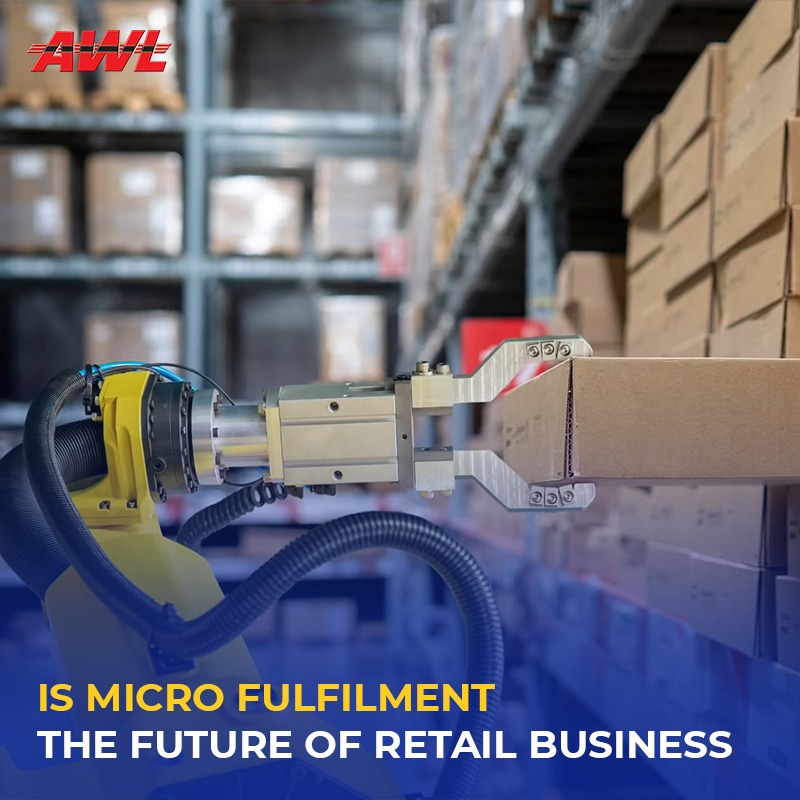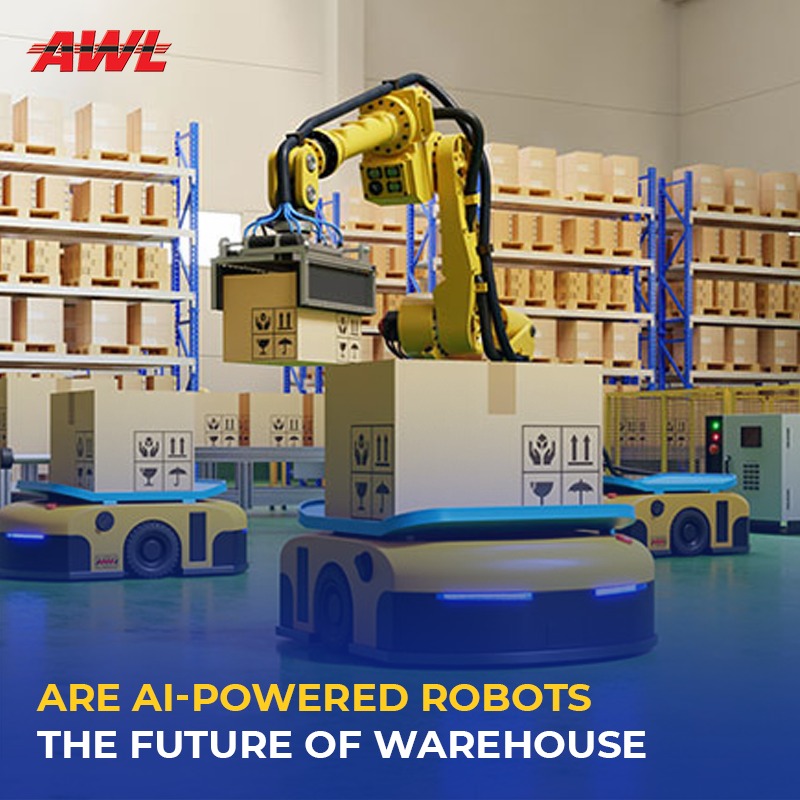

Since the impact of the Coronavirus pandemic on our daily life, there is no denying that every industry has undergone tremendous alterations and modifications. The world of fashion is no exception, and it has also changed drastically since the outbreak. As a result, all the non-essential businesses were forced to shut down in order to restrict the spread of the COVID-19 pandemic.
With all the shopping malls, streets, and retail stores closed down worldwide; the situation led to the dissertation of the fashion retailers out of regular business for months. This further led to a tremendous surge in online sales as more and more people started resorting to eCommerce during the quarantine.
This drastic alteration in the fashion supply chain led to the surge of some fashion retail brands while other brands had fallen prey to the pandemic. Well, this also came to businesses as a lesson that in order to survive in this competitive market, a notable alteration is required in the supply chain.
The fashion industry is ever evolving, and both the brands and businesses associated with it must stay updated with the latest tech advancements so that their supply chain can maintain an ever-surging demand. Around 50% of the large global companies are all set to utilize technological advancements such as advanced analytics, artificial intelligence, and the Internet of Things (IoT) in their supply chain operations by the year 2023.
Artificial Intelligence has played a vital role in carrying out the transformation of the way the fashion supply chain functions these days. One of the drastic changes the integration of AI has led to in the fashion industry is that it facilitates the allowance of firms to process huge amounts of data.
AI-powered supply chains are certainly the future of production and are considered the driving factor when it comes to keeping up pace with the fluctuations and unpredictability of the outside world. But, of course, this goes without saying that AI and data science hold the potential to optimize the fashion supply chain in a number of ways, beginning right from the process of order management to ensuring last-mile order fulfillment.
This is done with the implementation of interactive and user-friendly mobile interfaces; following that, the retailers in the industry can bring improvements in browsing and shopping experiences for their customers notably. Moreover, the proper utilization of fast and efficient online payment mechanisms allows hassle-free checkouts from the website.
Brands are realizing that harnessing the power and potential of the Internet of Things and Artificial Intelligence to analyze real-time data from a spectrum of different streams. In addition to this, the translation of those insights into automated decision-making for demand planning. Natural Language Processing is utilized along with deep learning across community platforms in order to predict the next viral trend and optimize distribution.
Discussing the effectiveness of the AI-enabled supply chain, it is said to deliver more than 65% effectiveness in minimizing risks and pulling down the overall costs.
Artificial intelligence facilitates a range of advantages to businesses, such as:
Digitization has emerged as one of the top necessities for businesses for retailers today. It has gained significant traction following the onset of the COVID-19 pandemic and has certainly altered the normally existing ways of shopping for fashion products.
If you are associated with the fashion industry, then you need to ensure the integration of optimum supply chain solutions. You can get your hands on the top supply chain solutions based on Artificial Intelligence at AWL India.
We lay a concrete emphasis on modifying our existing supply chain practices on the basis of technological advancements in the field. As a result, AWL India ensures that the retailers and businesses in the industry are bringing their A-game in online selling and Omni channel expansion strategies.
Also Read: Proficient Omni-channel Logistics and the Future of Retail

